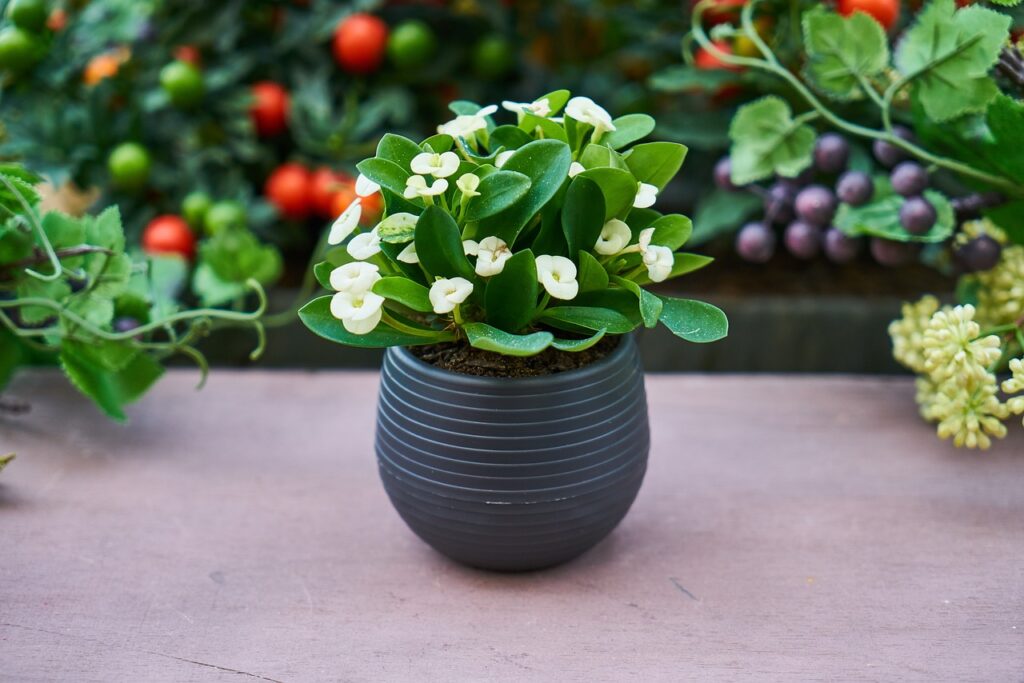Plants are often referred to as “producers” in ecological contexts. But what does this label really mean? To unravel this concept, it’s crucial to delve into the fundamental role plants play in the grand scheme of life on Earth. So, why are Plants Called Producers?
Why are Plants Called Producers? Defining Producers
The term “producer” in ecology signifies an organism capable of generating its own food through photosynthesis. This process involves converting sunlight, water, and carbon dioxide into glucose—a vital energy source for sustaining life. Hence, the designation of “producer” is bestowed upon plants due to their ability to manufacture their own sustenance.
Photosynthesis: Nature’s Alchemy
At the heart of why plants are called producers lies the remarkable process of photosynthesis. Through the intricate dance of chlorophyll and sunlight, plants harness radiant energy to synthesize organic compounds. This transformative process not only fuels the plant’s growth but also serves as the foundation of the food chain.
Keyphrase Integration: Illuminating the Role
In understanding why plants are labeled as producers, it’s essential to recognize the significance of photosynthesis. This biological alchemy not only powers plant growth but also fuels entire ecosystems, earning plants their rightful title as producers.

Ecosystem Dynamics: Powering the Food Chain
Plants, as primary producers, form the cornerstone of terrestrial and aquatic ecosystems. By converting sunlight into chemical energy, they provide sustenance for herbivores—organisms that directly consume plants. This initiates a cascade effect, as energy is transferred from one trophic level to another, sustaining diverse forms of life.
The Trophic Pyramid: Plant Primacy
Within the trophic pyramid—the hierarchical representation of energy flow in ecosystems—plants occupy the foundational tier. As primary producers, they boast the highest energy conversion efficiency, channeling solar energy into biomass. This abundance of plant matter sustains subsequent trophic levels, underscoring their pivotal role.
Why are Plants Called Producers? Beyond Food Production
Beyond their role in food production, plants significantly influence Earth’s climate and atmosphere. Through photosynthesis, they absorb carbon dioxide, mitigating the effects of greenhouse gases and regulating global temperatures. Thus, the designation of “producers” encapsulates both their biological function and environmental impact.
Conclusion: Why are Plants Called Producers?
So, why are Plants Called Producers? They’re called producers because they make their own food through photosynthesis, which supports other living things. Furthermore, they play a vital role in ecosystems by converting sunlight into energy, sustaining life, and shaping the world we live in.
